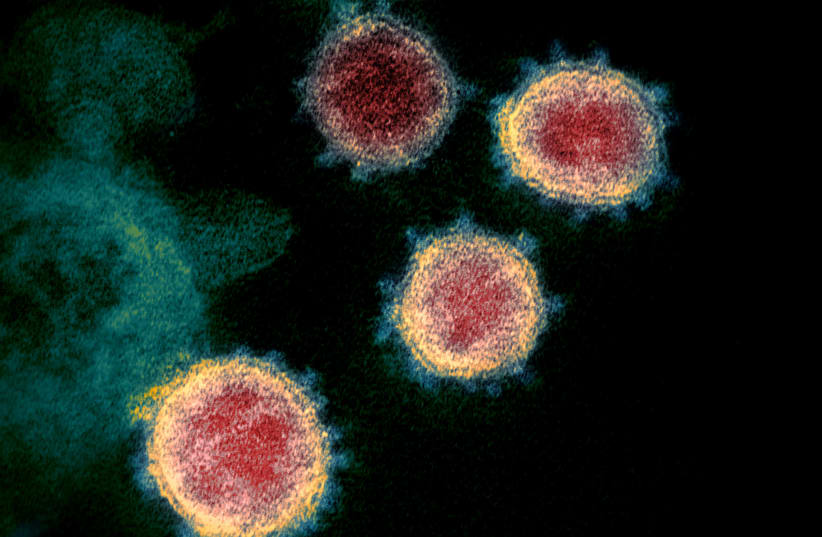PHE reported that 16 cases of the variant have been identified in the UK so far, with the majority linked to overseas travel. The variant has been designated a variant under investigation.
The PHE report added that there is currently no evidence that the variant causes more severe disease or affects the effectivity of the vaccine.
According to the European Centre for Disease Prevention and Control (ECDC), the variant was first detected in Colombia in January. The variant has so far been detected 1,267 times in at least 27 countries, including the US, Spain, France, Mexico and the Netherlands, according to outbreak.info.
The ECDC reported that there is evidence for an impact on transmissibility and on immunity.A preprint paper by researchers from Colombia which was published in May stated that an increase in frequency and fixation in a relatively short time in some cities near where there theoretically should have been herd immunity suggest an epidemiologic impact.
The variant has five spike mutations of interest, including the E484K, R346K, N501Y, D614G and P681H mutations, according to the ECDC. The E484K and R346K mutations may help the virus avoid some kinds of antibodies, while the N501Y, P681H and D614G mutations have been associated with increased transmissibility.
